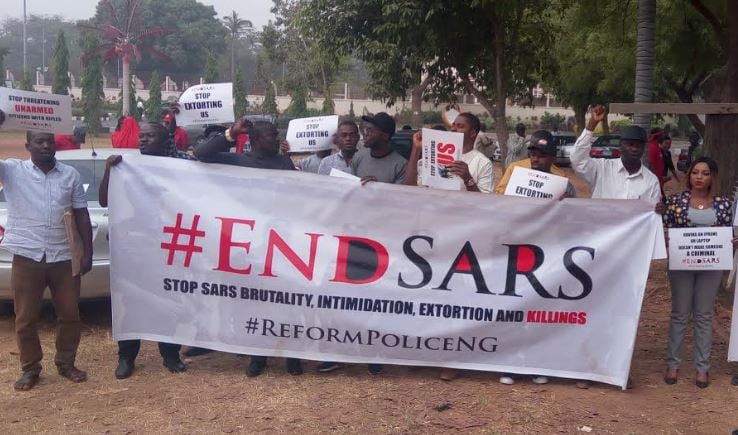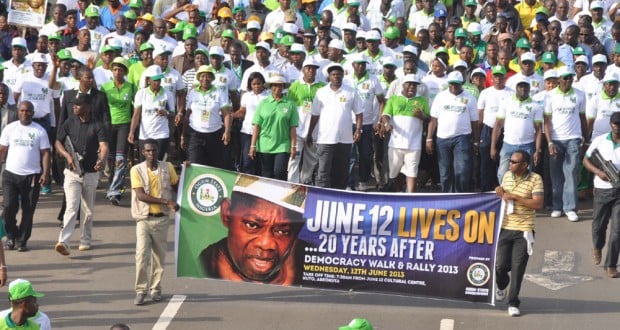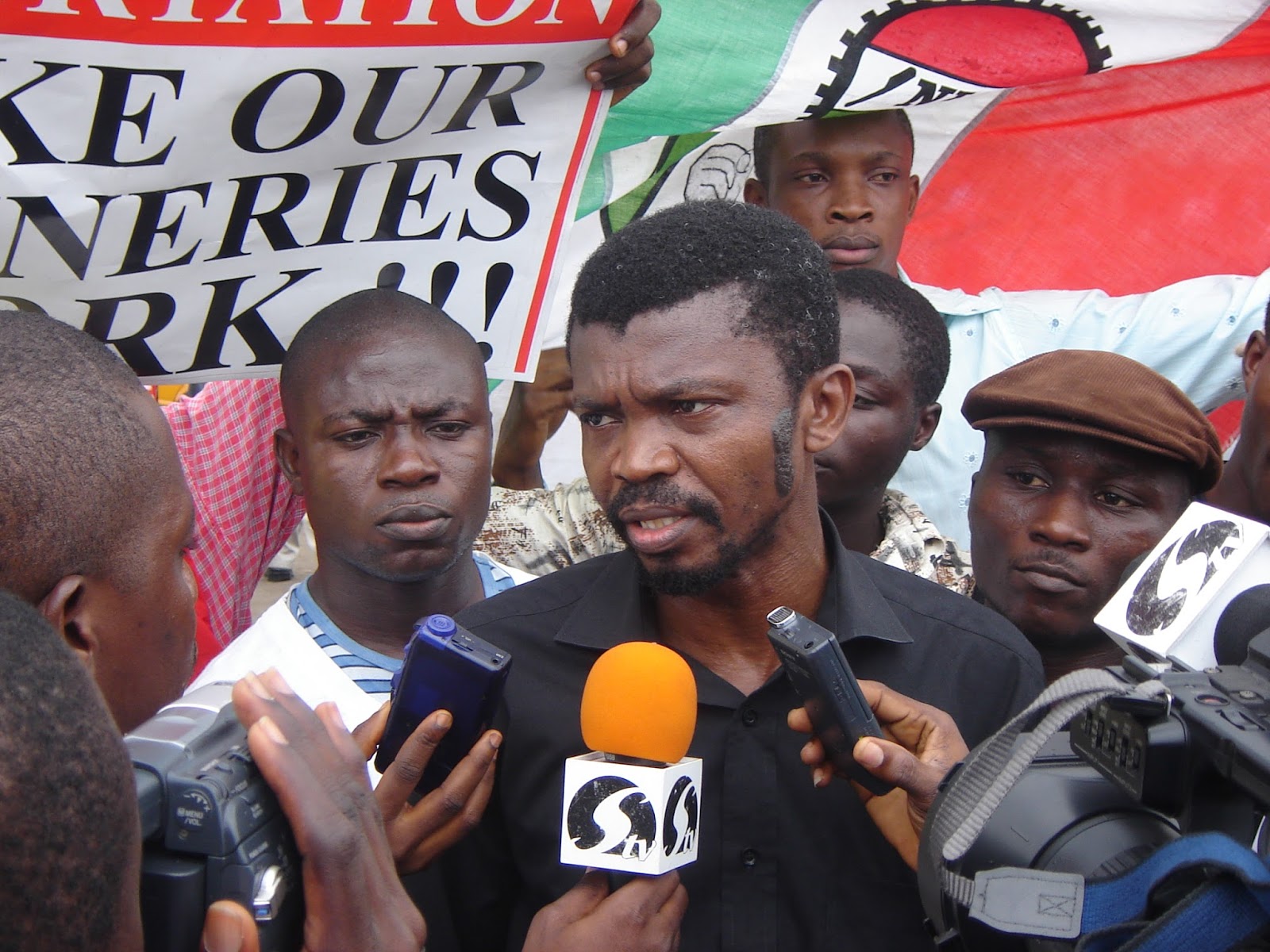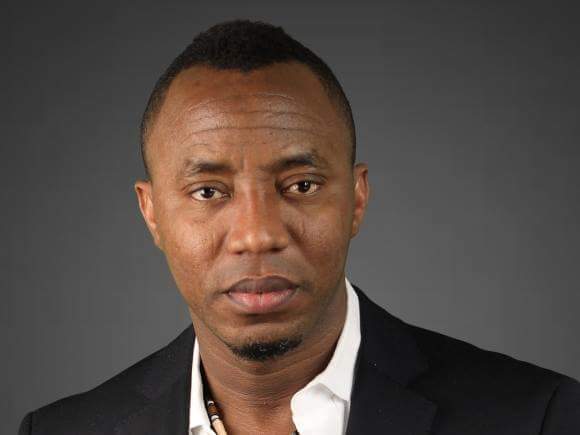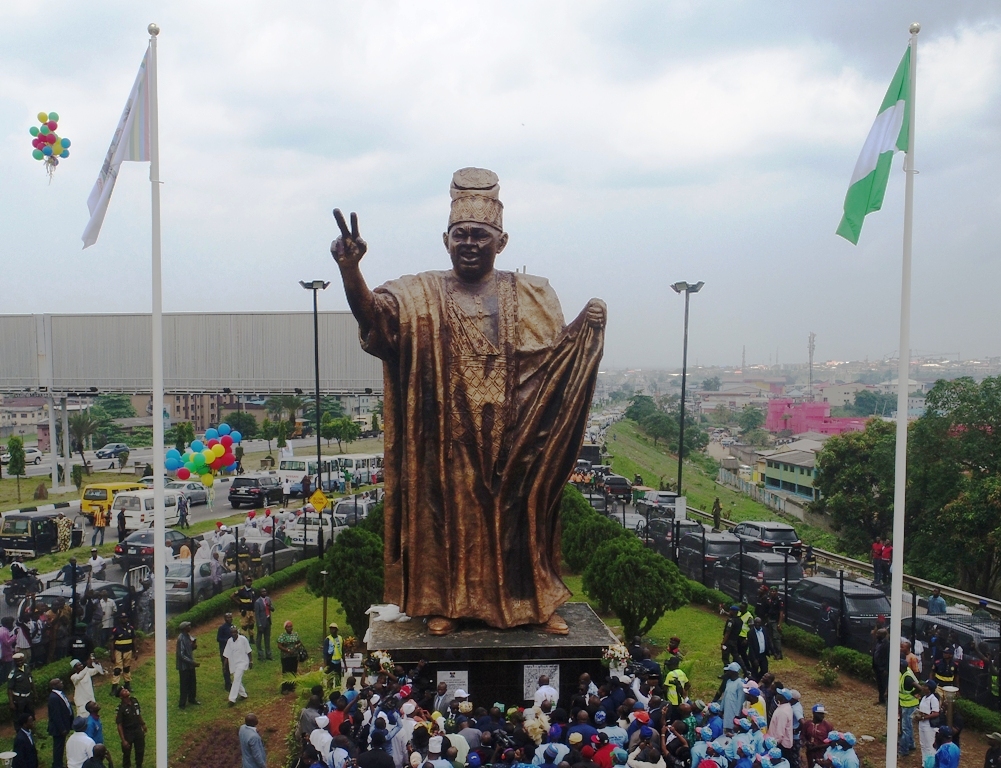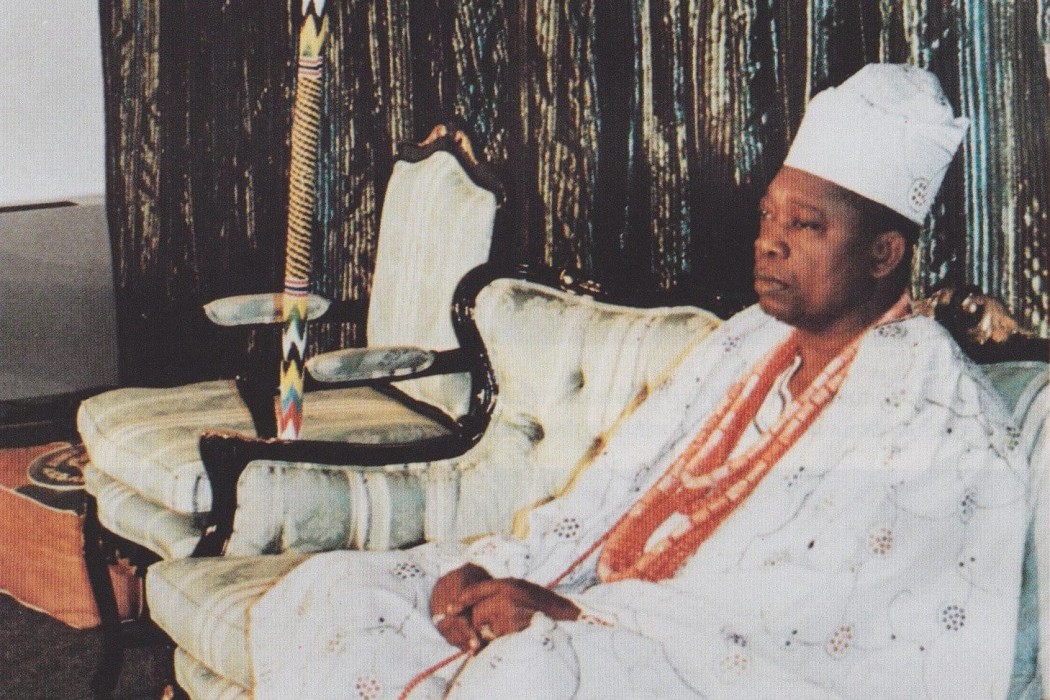As an Assistant Editor at Citizen magazine in 1993, I was assigned to write the cover story on the result of the June 12 presidential election. My story was stalemated because FCT Chi
NEC ignored the order and conducted the election. Reporters saw NEC Chairman Prof Humphrey Nwosu at the Presidential Villa on June 11, so it was assumed he got General Babangida’s nod to ignore the court order. Now we saw things unfolding differently.
To add to the confusion, several High Courts in Lagos, Ibadan and Benin had ordered NEC to go ahead and announce the election results. As I sat at my desk on Wednesday, June 23 wondering how to write the story, a colleague rushed in and said General Babangida had annulled the election. I was dazed as I walked to the office of the editor, Hajiya Bilkisu. I found her staring blankly into space, her chin resting on her palms and muttering, “Wai ni Allah.” [Oh, my God].
Hajiya’s reaction summarized the feeling in all parts of the North that day. The annulment was disastrous; Chief M.K.O. Abiola was popular all over the North for his numerous visits, his flamboyance, his generosity,
Advertisement
Citizen’s managing director Malam Mohammed Haruna took me along to see retired President of the Court of Appeal Justice Mamman Nasir at his Kaduna residence. The judge wondered aloud why no one appealed Ikpeme’s and Saleh’s orders to the Court of Appeal and instead went to courts of coordinate jurisdiction to obtain contradictory orders. He said the Appeal Court could have sat even at midnight and discharged the order, which he said no judge should have granted because the Constitution said there should be election.He told us a story of how the Appeal Court’s Ibadan Division once sat at midnight and discharged an injunction that a High Court granted to stop the University of Ibadan’s convocation, which was taking place the following day.
Fast forward to a month later. By July 28, 1993 when I went on my annual leave due to stress and frustration, the atmosphere had changed completely and most Northerners had turned against June 12. As the Buhari Presidency prepares to throw a bash tomorrow in honour of June 12 and its “heroes,” I think active hostility in the North is muted only because these events happened 25 years ago when most of the social media generation were not born. Twenty years ago, honouring June 12 would have been political suicide in the North.
In declaring June 12 to be Democracy Day in place of May 29, President Buhari borrowed hook, line and sinker the June Twelvers’ cliché that it was the “freest, fairest and most peaceful election” in Nigeria’s history. Well, not so fast. June 12, 1993 itself was a political and psychological watershed moment but events before and especially after it, in my opinion, question its choice as the iconic Democracy Day in Nigeria’s history.
Advertisement
Let us begin with events before it. The Option A4 June 12 election became possible only because IBB
The reason given for the annulment was that the aspirants committed many electoral offences including money politics. However, just before that annulment The Guardian newspaper wrote a bizarre and angry editorial protesting that Northerners clinched the tickets of both parties. That editorial powerfully whipped up regional sentiments and could have intimidated IBB to cancel those costly elections. As Citizen’s reporter that closely covered the campaigns, I knew that the Option A4 primaries of both parties in early 1993 were fraught with the same issues. Plus a lot of double crossing.
In January 1995, just before Abacha arrested him, I went withSentinel’s editor Malam Adamu Adamu to see General Shehu Yar’adua at the
General Yar’adua was very angry and he only agreed to support Abiola in the run off because the latter promised to pick Atiku as his running mate and also because his hatred for Kingibe was very deep. He accused his former protégé of conniving with IBB to annul the 1992 primaries and ban him.Things however turned doubly sour when Abiola reneged on his promise to pick Atiku as his running mate. At the behest of SDP governors, he picked Kingibe. Yar’adua told us that he told his supporters to work for Abiola’s election only for the party’s sake but that no one should come to him after the election and ask him to secure any patronage for him. He also said hours before IBB made a broadcast to confirm the election annulment, MKO phoned and asked Yar’adua to do what he could to stop the broadcast. He couldn’t do anything, Yar’adua said, because his father died days earlier and he was receiving condolences in Katsina.
Advertisement
Remember too that from 1990 to 1992, NEC Chairman Prof Nwosu unleashed on Nigerians the dreadful “open ballot” voting system. I went to vote in the June 1992 National Assembly elections at Kabala Costain, Kaduna, and found two long queues for NRC and SDP neatly divided along communal lines. June 12, 1993 was slightly better because NEC had introduced the “modified open ballot” system. Many people were however still afraid to vote because they thought it was not secret. So much for freest and fairest.
As for money, as much or more was spent in the new primaries as in the old one. Sources at Habib Bank, of which Yar’adua was Chairman, told me at the time that before he left for Jos, Yar’adua had a bank bullion van loaded with cash [amount withheld] and taken to Jos late at night. One can only imagine what Abiola must have shipped to Jos that defeated the Yar’adua machine. I also heard from SDP caretaker officials at the time that the aspirants visited various state delegates one after the other and gave them a lot of money. The Sokoto State delegates, for example, refused to enter their buses and head for the convention venue because Abiola sent word that he was coming. They arrived at the convention hall with bulging pockets because they were lodged in a secondary school and could not leave the money behind. When security men tried to search them, they refused to enter the hall. Money also splashed around during the campaign proper. Abiola’s son, Kola was his father’s campaign treasurer. WhenAbiola went to Argungu to campaign, some community leaders indecorously asked him to donate money to complete a stalled mosque project. Abiola promptly told Kola to give them eight million naira.
What happened after June 12 was worse. Rather than restrict its fight to IBB, the June 12 movement led by NADECO quickly made it a South versus North affair. All Northerners were cast as a guilty party in the annulment. Mobs held the Yoruba elite hostage. Many Yoruba leaders had to rush to the press, get in a small story saying “On June 12 I stand”, which they cut and pasted on the walls of their homes in order to prevent mob attack. June 12 also spawned the dreadful Odu’a Peoples Congress [OPC], which soon made hapless Northerners in Lagos and the Southwest its targets. Thousands of Northerners left the South and many Yoruba also fled the North. The only prominent Northerners who stood by June 12 were Colonel Dangiwa Umar, Alhaji Balarabe Musa and Commodore Dan Suleiman, who were seen in the region as renegades.
In October 1993, when Abiola returned to Nigeria from self-exile, Citizen’s bureau in Lagos requested for an interview. Instead, Abiola sent Yakubu Abdulaziz, former editor of New Nigerian, to Kaduna to invite Citizen’s editors to interview him in Lagos. After some internal tumult, Mohammed Haruna took me along with him and we met Abiola for several hours at his Ikeja home. With him were Dr. Jonathan Zwingina and Prof Femi Agbalajobi. MKO placed all the blame for the annulment on IBB. He told us stories about how good their relationship once was. He never for once said or inferred that the annulment was a Northern plot. In fact, he spoke glowingly about the votes he swept in the North. This was very different from what his “supporters” on the street were saying and doing. MKO however made the belligerent statement that “No June 12, no Nigeria” which Haruna cast as our cover headline. As a closet MKO fan, I lobbied the MD to change it so as to cool tensions. He however stood his ground and said that was the story.
Advertisement
After the deaths of Abacha and Abiola in 1998, June Twelvers formed an almost exclusively Yoruba political party, Alliance for Democracy, AD. The party came to be known for one thing only, the vociferous demand for “power shift” from North to South. With strident media help, they succeeded in foisting it on everyone else. That, then, was the encapsulation of “June 12 struggle” in the mind of post-June 12 actors. It was not a struggle for democracy; it was a struggle for regional political ascendancy. It was neatly consistent with The Guardian’s editorial of 1992; democracy be damned if our regional interest does not prevail.
I am not saying all these to pour sand into June Twelvers’ gari as they gear up for tomorrow’s strange romance with the Buhari Presidency, which has the heavy smell of 2019. But I must state for the record what I personally witnessed.
Advertisement
This article was originally published by Daily Trust.
Advertisement
Views expressed by contributors are strictly personal and not of TheCable.


